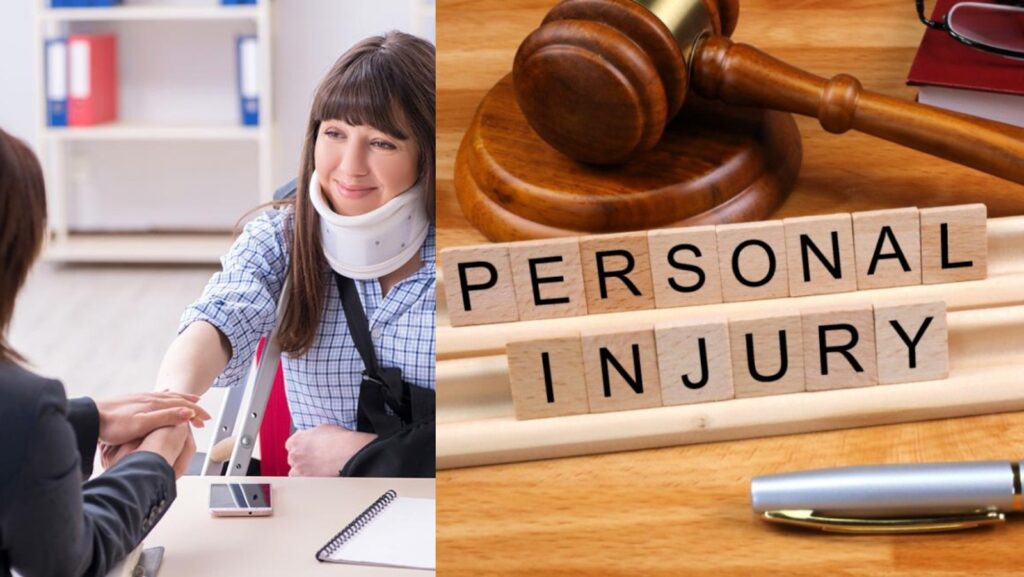Before filing a personal injury claim, gathering all the necessary information is crucial to ensure your case has the best possible chance of success. Personal injury cases can be challenging, involving various factors that may influence the outcome, from evidence collection to understanding legal procedures. Consulting a seasoned lawyer is pivotal, but asking the right questions can make all the difference.
You can confidently move forward by gaining clarity on critical issues such as fees, timelines, and potential challenges. This article will examine five essential questions you should ask your lawyer before filing a personal injury case—questions that will empower you to make informed decisions.
What Is Your Experience with Personal Injury Cases Similar to Mine?
One of the first and most important questions to ask your lawyer is about their experience. Not all personal injury cases are alike—some involve car accidents, while others may concentrate on medical malpractice, workplace injuries, or product liability. Understanding if your lawyer has handled similar personal injury claims is critical.
Lawyers with a proven track record in similar cases are more likely to know the nuances that can make or break your case. Ask about their case outcomes, how often they settle, and their courtroom experience if the case proceeds to trial. This insight will help you assess whether they’re the right fit for your situation.
What Are the Possible Outcomes of My Case?
Having a realistic view of what to expect from your case is essential. Your lawyer should give you an honest assessment of the possible outcomes, including the best- and worst-case scenarios. This question will help you manage the possibilities of your outcome and understand the risks involved.
A good lawyer will walk you through the potential compensation you might receive, whether it’s for medical bills, lost wages, or emotional distress. They will also explain the factors that could weaken your case and minimize your chances of winning or receiving a high settlement. Realizing this ahead of time can aid in deciding whether it’s worth pursuing the claim or if alternative solutions, like settling out of court, are more favorable.
How Do You Charge for Your Services?
Legal fees are essential in any personal injury claim, as they directly affect how much compensation you’ll receive if you win. Most personal injury advocates work on a contingency fee basis. However, asking about the percentage they will take from your settlement or award is critical.
In addition, inquire if there are any upfront costs for filing fees, expert witnesses, or other legal expenses and whether these will be deducted from your final settlement. Clarifying these costs in advance ensures there are no surprises later on.
How Long Will My Case Take to Resolve?
Depending on their complexity, personal injury cases can take anywhere from a few months to several years to settle or reach a verdict. Asking your lawyer for a time estimate based on their experience with similar cases will help you plan your next steps.
They should outline the different stages of the legal process, including investigation, filing, negotiations, and possibly a trial. If you are dealing with immediate financial or medical needs, this information will help you decide whether to proceed with litigation or seek faster alternatives like mediation or arbitration.
What Role Will I Play in My Case?
Another vital aspect to discuss is understanding your responsibilities and involvement in your personal injury claim. Some clients desire to be highly involved, while others may wish to leave everything to the lawyer.
Clarify how often you will need to communicate with your attorney and if there are tasks, such as gathering documents or attending meetings, that you’ll be required to do. Also, ask how often your lawyer will update your case. Clarifying your role will ensure a smooth process and reduce potential stress.
A successful personal injury case requires more than just hiring a lawyer; it involves open communication, realistic expectations, and complete transparency about the legal process. Asking these five critical questions will give you the knowledge and confidence you need to move forward, knowing that you are in capable hands.



